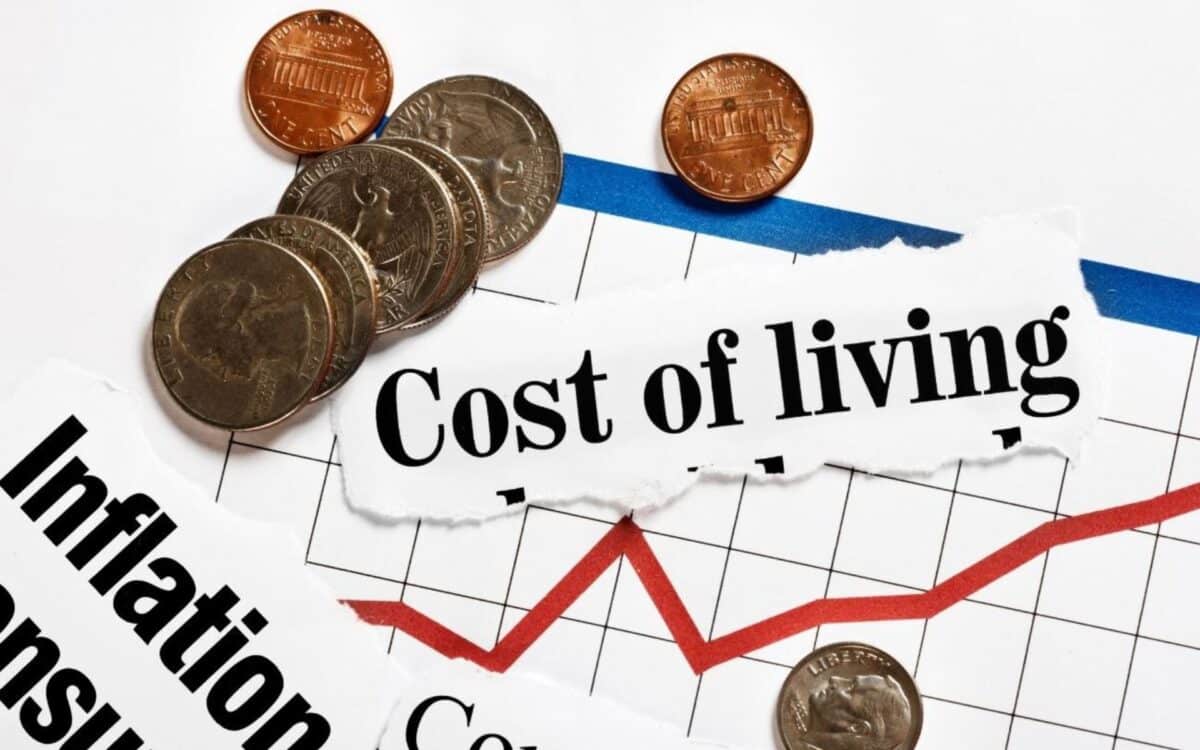A new study from Finder reveals that a significant portion of Australian voters is reconsidering their choices in the upcoming federal election. Nearly one-third of the electorate is now influenced by the rising cost of living, which has become a central issue.
Sky News reports that with soaring prices for essential goods like groceries and energy, voters are focusing on which party will offer the best relief. The upcoming election, set for May 3, will likely see cost of living as a key factor in shaping the political landscape, with voters looking for actionable solutions.
Cost of Living at the Forefront of Voter Concerns
Finder’s research indicates that 33% of Australians, or about 6.9 million people, will change their votes due to cost of living issues. The election, set for May 3, will see cost of living as one of the most pressing issues for voters.
With rising costs for groceries, rent, and energy bills, many Australians are looking for policies that offer relief. Prime Minister Anthony Albanese has already announced measures, including a $150 rebate for energy bills and tax cuts starting at $5 per week, while the Opposition has pledged to reduce the fuel excise.
Finder’s head of consumer research, Graham Cooke, stated,
With everything from groceries, to rent and mortgage repayments, and energy bills creeping up, Aussies are feeling the pinch – He further emphasized,
The government needs to provide some relief, but also be careful not to push up inflation – a delicate tightrope to walk.
Generational Differences in Voting Decisions
Generational divides are evident in the research, with Millennials (39%) and Generation Z (38%) more likely to be influenced by the cost of living when deciding how to vote. In contrast, Generation X (30%) and Baby Boomers (20%) are less likely to cite it as a decisive factor.
Additionally, the research revealed that 38% of respondents said the cost of living would not affect their vote, while 26% were unsure.
While the cost of living remains a top concern, other issues are also weighing heavily on voters’ minds. Healthcare and Medicare ranked high, with 48% of respondents indicating these were significant factors in their decision-making process.
Issues such as housing affordability (43%) and economic factors like jobs and wages (34%) also featured prominently.
Cultural and Environmental Issues Less Prominent
Interestingly, issues such as climate change and environmentalism have not emerged as dominant concerns this election, with voters placing them lower on their priority lists.
Meanwhile, culture-related concerns, especially diversity, equity, and inclusion, have started to gain traction, particularly among older voters, with 28% of Boomers highlighting these issues. Only 6% of Gen Z and 10% of Millennials and Gen X cited these as key factors.
As the election approaches, it is clear that economic issues, especially the cost of living, will play a pivotal role in shaping voter preferences and the political strategies of both major parties.









